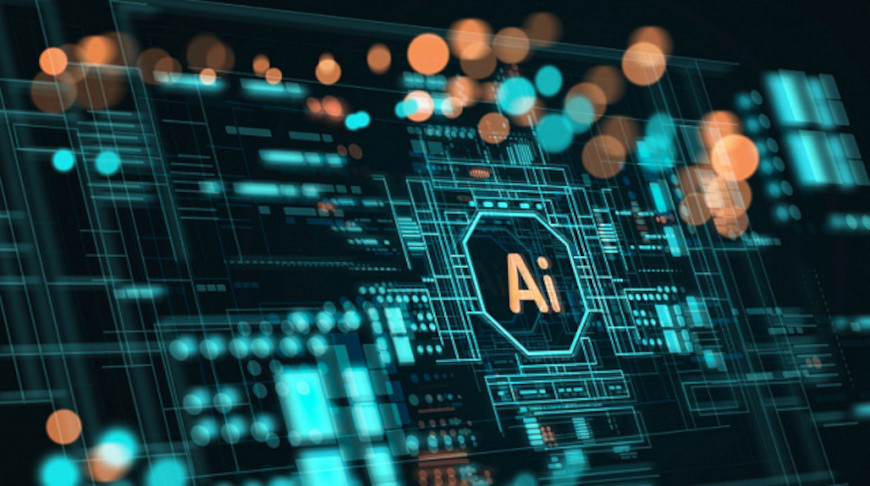
Photo: WANAN YOSSINGKUM / iStock
MOSCOW, 8 September (BelTA - TV BRICS) - Researchers at the St.
Petersburg Federal Research Centre of the Russian Academy of Sciences
have developed a system capable of recognising human emotions. This is
reported by the RAS website.
It is noted that such systems will be able to work even in difficult conditions - in noisy environments, poor lighting, or if a person is silent or not looking at the camera. In addition, AI services will be able to recognise complex emotions, such as sarcasm or irony, when the meaning of words does not match the intonation or facial expression. This will help improve the performance of digital assistants.
"We have developed an intelligent system [...] for multimodal analysis of video, audio and text to recognise human emotions such as joy, anger, sadness and other emotional expressions. In addition, the programme can perform sentiment analysis of information – determining a person's attitude towards a particular event," explained Aleksey Karpov, Head of the Speech and Multimodal Interfaces Laboratory at the St. Petersburg Federal Research Centre of the Russian Academy of Sciences, whose words are quoted in the report.
The system operates on the basis of several neural networks that were trained on a dozen databases open to researchers. They contain multilingual audio and video recordings of people of different ages, genders, and countries. For the Russian-language database, for example, students from theatre universities were recruited to portray different emotions.
The programme can recognise seven basic human emotions: joy, sadness, fear, disgust, surprise, anger and calm. In addition, it determines the overall emotional tone - positive, negative or neutral.
The development is an application with a simple interface: any audio or video recordings can be uploaded to it. The system will automatically process them and show the result – the recognised emotions and overall tone.
It is noted that such systems will be able to work even in difficult conditions - in noisy environments, poor lighting, or if a person is silent or not looking at the camera. In addition, AI services will be able to recognise complex emotions, such as sarcasm or irony, when the meaning of words does not match the intonation or facial expression. This will help improve the performance of digital assistants.
"We have developed an intelligent system [...] for multimodal analysis of video, audio and text to recognise human emotions such as joy, anger, sadness and other emotional expressions. In addition, the programme can perform sentiment analysis of information – determining a person's attitude towards a particular event," explained Aleksey Karpov, Head of the Speech and Multimodal Interfaces Laboratory at the St. Petersburg Federal Research Centre of the Russian Academy of Sciences, whose words are quoted in the report.
The system operates on the basis of several neural networks that were trained on a dozen databases open to researchers. They contain multilingual audio and video recordings of people of different ages, genders, and countries. For the Russian-language database, for example, students from theatre universities were recruited to portray different emotions.
The programme can recognise seven basic human emotions: joy, sadness, fear, disgust, surprise, anger and calm. In addition, it determines the overall emotional tone - positive, negative or neutral.
The development is an application with a simple interface: any audio or video recordings can be uploaded to it. The system will automatically process them and show the result – the recognised emotions and overall tone.













